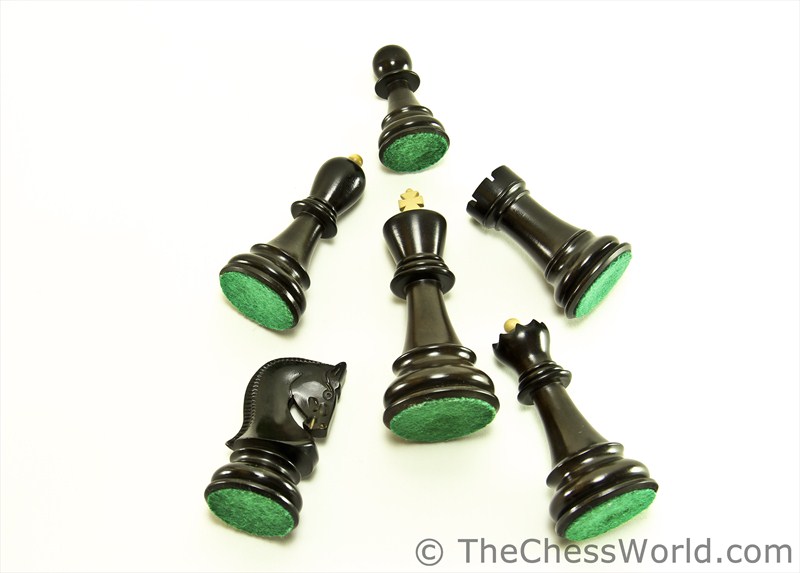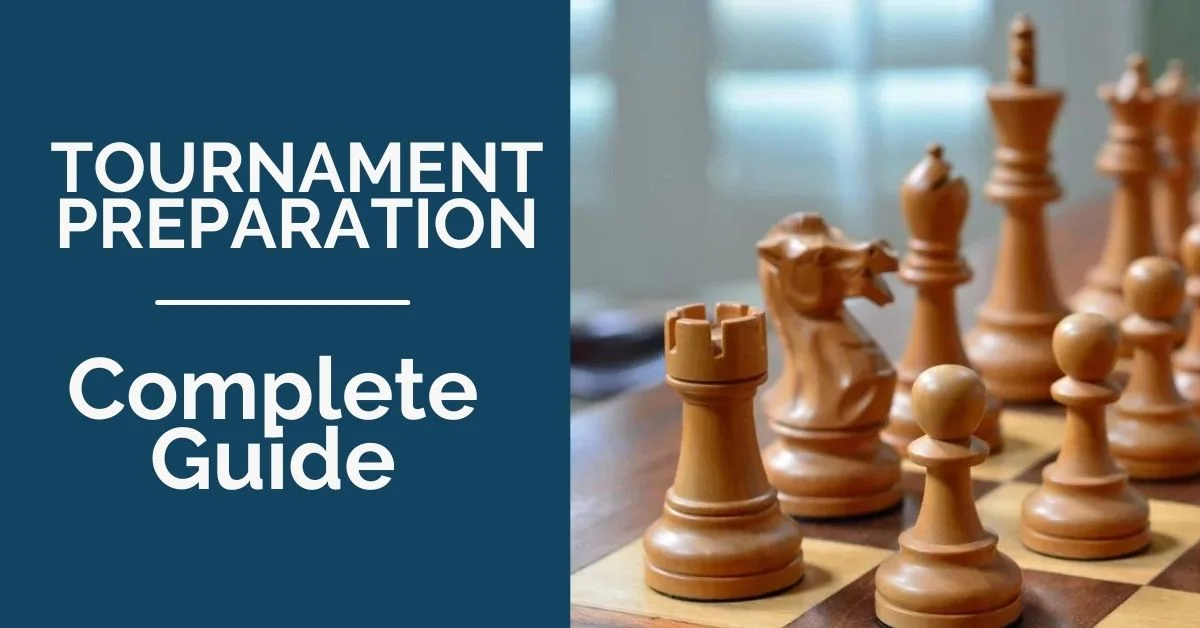15 Laws of Chess Training
Today we will talk about 15 most important laws of chess training. We will discuss how you should approach chess training, how to prevent common problems and how not to become an average chess player.
Here it is.
***
Law of Chess Training #1. There is no perfect chess training program. In fact, many top chess players and coaches often disagree with each other about how certain things should be taught or played. They even disagree on evaluations of certain chess positions. What does that mean for somebody like you, for a player who wants to improve their game? You will need to learn a lot and experiment, see what works for yourself and what doesn’t.
Law of Chess Training #2. The effectiveness of any chess training is directly proportional to the amount of effort you are putting into it. If a training does not work, it is most likely because you are not putting enough work into it.
“Success depends on effort” – Sophocles.
Law of Chess Training #3. Learning how to “study” chess and working on it continuously is great. But don’t forget to actually put in the hard work. Indefinitely researching different training possibilities and only working on things that you feel comfortable working on will get you nowhere. Focus on something that really needs improvement and the results will come.
Law of Chess Training #4. Any chess training will make you tired. Only the right training will make you a better chess player.
Law of Chess Training #5. In order to become a strong chess player (top 1-3%, 2200 – 2000 elo) you do not need to hire expensive coaches, possess a special chess talent or have an IQ of 165. You just need to train hard and play well.
Law of Chess Training #6. Some of your favorite things that you work on at chess are your favorite because they are easy. If they are easy it means you are already proficient at it and do not need to spend your time on it. It is better to focus on something that is hard and unpleasant. For most chess players this is typically endgames, positional chess and hard tactics.
Law of Chess Training #7. When you lose, you should not get upset. That is just a signal for you to work harder, study better, come back and win.
Law of Chess Training #8. Don’t be afraid of losing even when facing a much stronger opponent. Existence of stronger players is the best catalyst for self-improvement.
Law of Chess Training #9. Don’t think that to become a strong chess player you need to give up everything else and work on chess for 8 hours per day, a day after day. If you do, you will most likely “burn out” after the first week and simply give up chess…unless your name is Bobby Fischer.
Instead work for shorter periods of time consistently. The time will add up and you will make progress.
Law of Chess Training #10. Keeping a training log is important part of chess training. That will not only help you to stay focused and motivated, but also will tell you about what works and what doesn’t.
Law of Chess Training #11. Self-improvement at chess never begins with complaints and excuses. You need to accept responsibility for your defeats, If you lose don’t blame it on the coincidence or a blunder. Find the real cause. Take action. Get your work done. Start winning.
Law of Chess Training #12. If you are a truly dedicated chess player, you don’t need constant motivation to play and improve your game. It comes from within.
Law of Chess Training #13. When an average chess player loses a game they come home and start reviewing the openings. Don’t be like them, work on endgames and positional chess.
Law of Chess Training #14. Take it easy before an important tournament. Sometimes a rest day will yield much better results.
Law of Chess Training #15. Instead of wearing a t-short or a hat that says how much you love chess, show it with your dedication to the game and strong performance.
How to improve at chess?
How do you improve at chess? You cannot just simply solve harder and harder tactics exercises. The way it can be done is by careful analysis of a well annotated GM games individually or with a good coach. We provide those in our training course.
Ready to use the laws of chess training? Check out our store:



![5 Things Every Chess Player Should Do to Improve [Cheatsheet Enclosed]](https://thechessworld.com/wp-content/uploads/2017/07/5-things-every-chess-player-should-work-on.webp)






Comments: